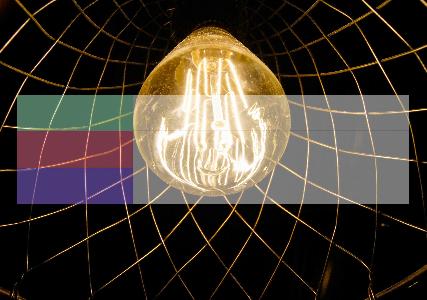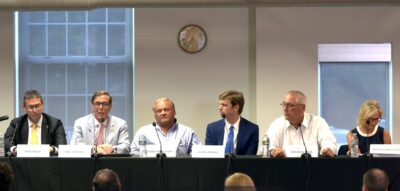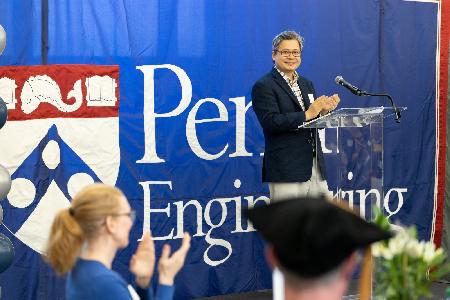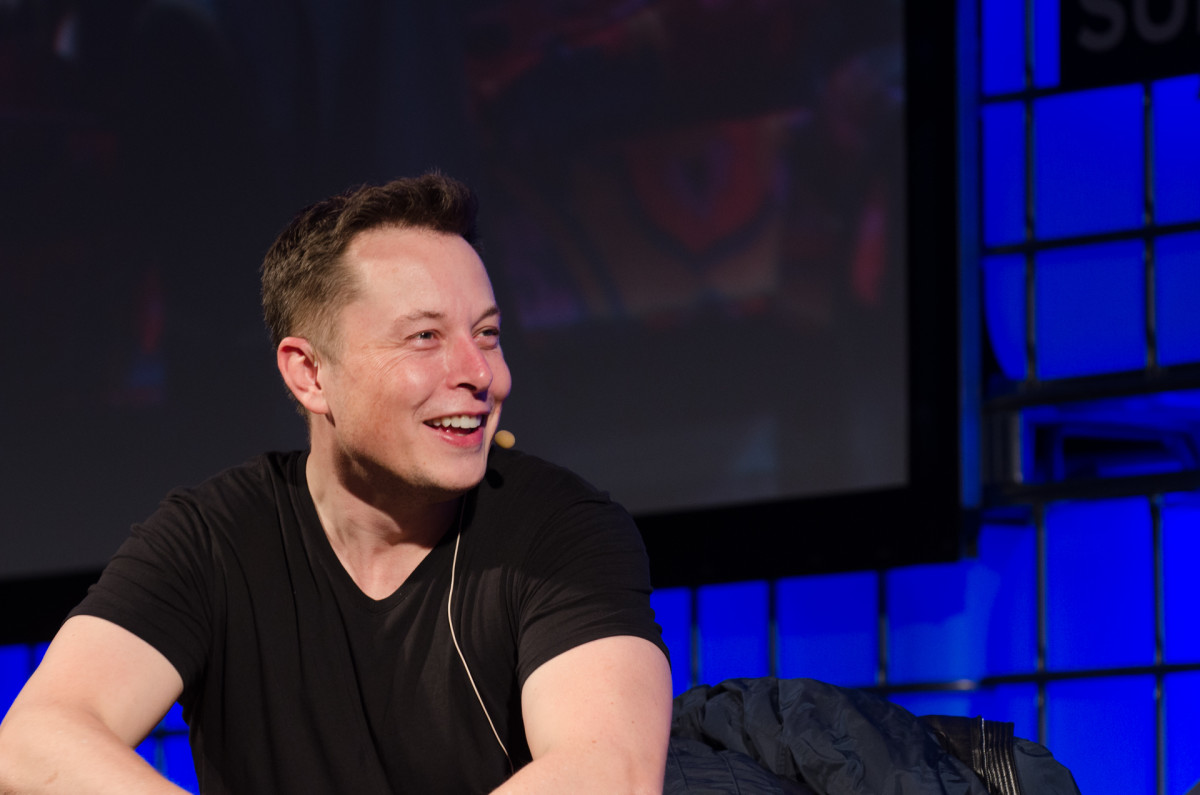Twitter has announced that it accepted Elon Musk’s $44 billion offer to take the social media company private.
We all know Musk has some big changes in mind for the platform used by more than 200 million people every day. So, what can we expect? And how should marketers and advertisers prepare themselves for what comes next?
Let’s start with three key things you need to know:
1. Advertising shouldn’t be affected. At least for now.
Musk is notoriously reluctant about advertising. He’s publicly questioned Twitter’s $5 billion-a-year advertising business model (which accounts for 90% of its revenue). He even stated that Twitter “is not a way to make money.”
That said, Elon Musk isn’t buying the company on his own. More than half the backing for this acquisition — from partners including Morgan Stanley — comes in the form of debt, which means Musk will need to preserve Twitter’s cash flow to service that debt. So, any grand plans to transform Twitter into an advertising-free company, like Tesla, will have to wait.
Also of note: Twitter rolled out Twitter Blue in the US last November, a premium service that allows users to read ad-free news along with some other features. Maybe this is the beginning of Twitter moving to a subscription-based “freemium” model?
2. A war will be waged on the spam bots.
Musk has alleged that the company’s algorithms are biased and its feeds cluttered with automated junk posts. He also suggested Twitter’s user growth has been inflated by bots. Twitter itself acknowledged that 79% of its accounts are held outside the US, and there is evidence that suggests Musk is right about Twitter’s bot issues.
This is obviously problematic for both users and advertisers. For the former, a lot of the content you’re browsing is generated by artificial sources for purposes unknown to you. (Yikes!) For the latter, a large portion of the targets you’re reaching may actually be vacuous or inactive accounts.
But Musk has vowed to clean up Twitter’s infrastructure, and doing so could be a boon for marketers. In fact, he sent a tweet last week promising to “defeat the spam bots or die trying!” (Exclamation point his.)
3. Restrictions on content will be eased. Strongly.
Musk, a self-proclaimed “free speech absolutist,” said last week that he sees Twitter as “the digital town square where matters vital to the future of humanity are debated.” He’s argued that social media platforms should not monitor and remove comments that, while potentially offensive, remain legal.*
This could create an uncomfortable zone for advertisers. As Ad Age put it: “In recent years, Twitter’s leadership has taken a number of steps to help make brands feel somewhat safe on the platform … advertisers hope Twitter doesn’t become more like a bathroom stall under [Musk’s] watch.”
A volatile platform can attract more activity, yes, but it also engages users in ways that make them less ideal recipients for marketing messages. (e.g. You’re less likely to be drawn to a promotional message — even a good one — when you’re upset over polarizing content.) So the big question is: How will the culture and feel of Twitter change over time?
And that’s something we’ll just have to wait and see.
Other notes:
- What are the implications of Twitter becoming a private company? Well, Musk will no longer have shareholders to report to, so the changes he seeks to make should come (relatively) swiftly.
- Will any changes be made to the privacy policy? And what will happen to users’ data? This is unclear as of now.
- The company announced that it’s working on developing an edit feature — something the overwhelming majority of Twitter users have wanted for a long time. Twitter Blue features an “undo” button, which allows you to recall a tweet up to 20 seconds after you post it. So, the company has already taken one small step in that direction.
_
*Of course, Constitutional free speech doesn’t fully extend to media. The FCC, for example, maintains standards for what’s allowable on network TV, and most of us are fine with that. With respect to Musk, a network — TV, social or otherwise — is not a town square. It carries a certain inherent credibility matched with the ability to reach millions and millions of people. And that can be a dangerous tool for those who would use it to mislead, create discord, etc. (See: “The media is the message.”)
One could argue, as well, that social network leaders — like Musk and Zuckerberg — are potentially driven by ulterior motives in taking this position, since they stand to benefit most from the social-media-as-town-square concept. If Twitter is merely a conduit for user-generated content, that potentially removes all liability from the social network itself. After all, if we agree that Musk’s hands-off, free-speech approach is good, then how can we ever ask him to take responsibility for content that contributes to starting a riot, or destroying a person’s reputation, or swinging an election based on false pretenses?
Before you go...
Please consider supporting Technical.ly to keep our independent journalism strong. Unlike most business-focused media outlets, we don’t have a paywall. Instead, we count on your personal and organizational support.
3 ways to support our work:- Contribute to the Journalism Fund. Charitable giving ensures our information remains free and accessible for residents to discover workforce programs and entrepreneurship pathways. This includes philanthropic grants and individual tax-deductible donations from readers like you.
- Use our Preferred Partners. Our directory of vetted providers offers high-quality recommendations for services our readers need, and each referral supports our journalism.
- Use our services. If you need entrepreneurs and tech leaders to buy your services, are seeking technologists to hire or want more professionals to know about your ecosystem, Technical.ly has the biggest and most engaged audience in the mid-Atlantic. We help companies tell their stories and answer big questions to meet and serve our community.
Join our growing Slack community
Join 5,000 tech professionals and entrepreneurs in our community Slack today!

A new model for thinking about how to grow regional economies: the Innovation Ecosystem Stack

Delaware’s next governor will be an entrepreneur. Here’s why Matt Meyer thinks it matters.

Can the nation’s biggest cyber hub even handle Craiglist founder’s $100M security pledge?


